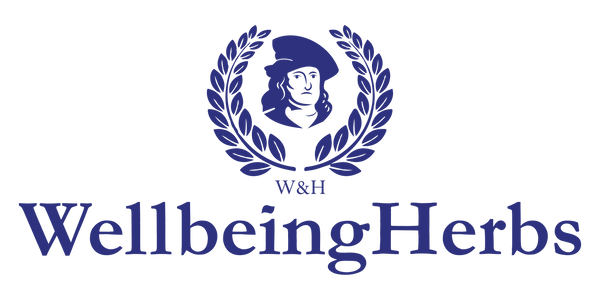Ginkgo biloba is special tree, native to China. Ginkgo is also known as Maidenhair. This herb is special because it is the oldest one on the whole earth. The age of ginkgo herb is about 300 million years. It has been used as a medicine and in culinary. Ginkgo biloba extracts are commonly made from leaves and only few from seeds. It’s interesting, that ginkgo biloba can easily adjust to modern urban conditions, and very rarely suffers from diseases.
Traditionally ginkgo has been used for improving blood flow, memory, concentration, vision and even depression. This herb is extremely useful for elderly people. Besides all these ginkgo biloba benefits, it acts like a significant antioxidant and anti-inflammatory remedy.
Ginkgo helps to treat:
- Acrocyanosis;
- Cerebral atherosclerosis;
- Cochlear deafness;
- Alzheimer's disease;
- Dementia;
- Menopause;
- Peripheral vascular disease;
- Depression;
- Raynaud's syndrome;
- Senility;
- Tinnitus;
- Short-term memory loss;
- Parkinson’s;
- Retinopathy;
- Impotence;
- Tinnitus;
- Vertigo;
- Vascular diseases.
Ginkgo biloba herb is also used in cosmetics. Ginkgo leaves can be applied topically and has antifungal, antibacterial, anti- inflammatory and anti-aging properties.
In culinary seeds or nut-like gametophytes inside them are used. Traditionally they are a part of Asian cuisine. But it’s not recommended to eat ginkgo seeds in large quantities, especially for children. It may cause poisoning.
Now let’s speak about ginkgo biloba side effects. Taking ginkgo leaves in medical doses is safe. Although, people who suffer from bleeding disorders, diabetes, seizures or infertility are not recommended to use it. Pregnant and breast-feeding woman also should avoid using ginkgo, as it may cause bleeding or early labor. Ginkgo seeds are not safe for children.
